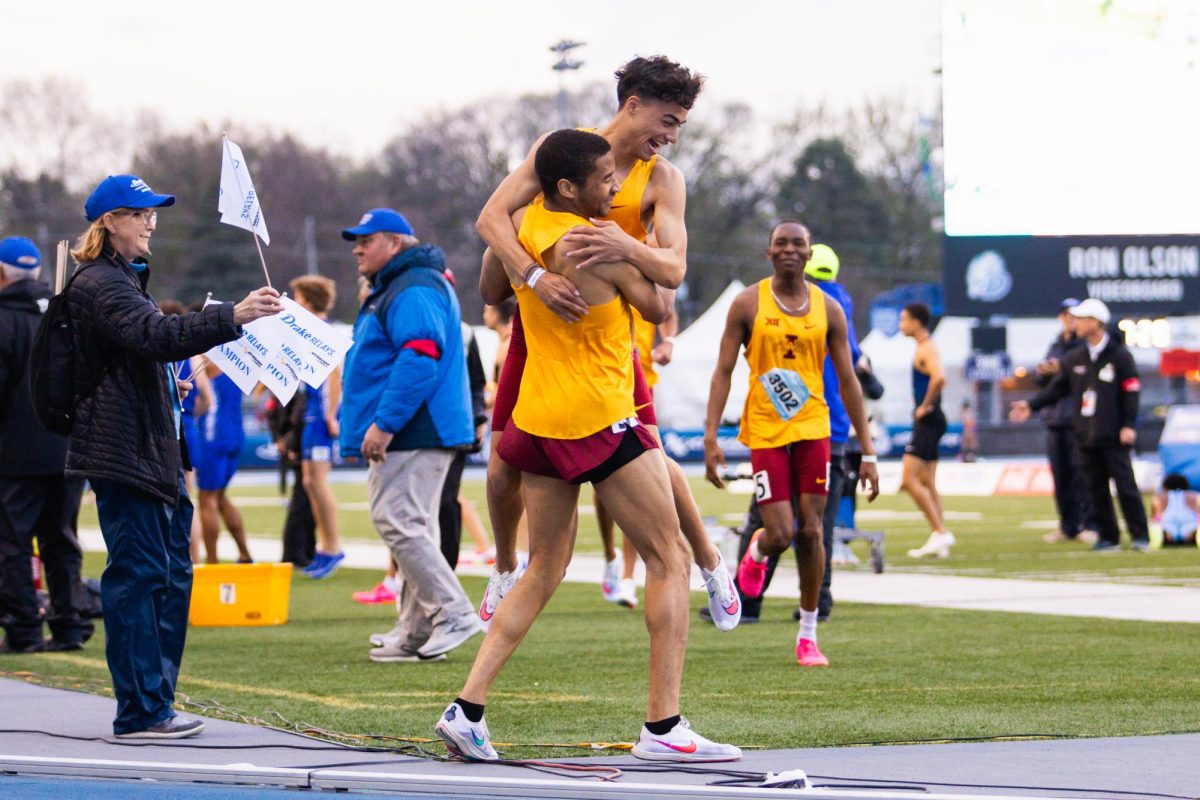Economy influences graduates’ decisions
January 16, 2002
A sluggish economy and rising unemployment in the United States have prompted ISU career services offices to step up their efforts.
“We are currently adjusting to a more normal level,” said Peter Orazem, professor of economics.
“This is the lowest unemployment rate we’ve had in a recession so it is hard to complain too loudly.
“We are coming out of the longest [growth] expansion in the history of the United States – we haven’t had a recession in 10 years.”
December’s national unemployment rate was 5.8 percent, Orazem said, nearly 2 percent higher than last year when the unemployment rate was the lowest recorded in recent history.
The U.S. public became too comfortable with the 10 years of economic growth, he said.
“The last recession in Iowa was in 1982, so if you are 20 years old, this is the first recession you’ve experienced,” he said.
“This is one of the better down markets. It just means you will have to work harder and start earlier.”
Each academic college has a career services office to help students do that.
“The job market is not in the best of shape right now,” said Steve Kravinsky, director of career placement for Business/LAS career services. “There is nobody that is not being affected by this.”
But, Kravinsky said, students should not give up.
“Students should not be discouraged – they should redouble their efforts,” he said. “Don’t hide from the economy.”
Opponents of President George W. Bush’s 10-year tax-cut plan have sparked debate, pointing to the controversial cut as the culprit of the recession.
But the economy has a life of its own, said Steffen Schmidt, university professor of political science.
“This downturn was not predicted, it just came along,” he said. “Now the economy has slowed, and tax revenues are not good at all.
But, according to the most recent poll, Americans support a continuation of the tax cuts.”
The problem now may be that the recession has hit an international level, Orazem said.
“This could be the first time in 30 years that all G7 nations have been in recession at the same time,” he said.
“Japan, Germany, the U.S. and Italy are in recession, and France, England and Canada are experiencing anemic growth.”
The global recession influences trade, Orazem said, which will not hit the United States as hard as other nations. Worldwide recessions, however, tend to last longer than those at home, he said.
Schmidt said students should take advantage of the opportunities offered to them.
“Don’t blow off your opportunities,” he said. “If you are going to college and at Iowa State, you have amazing opportunities to prepare yourself.”
There has been less interviewing on campus this year, but college career services still get job notices all the time, Kravinsky said.
And college still has obvious economic benefits, Orazem said.
“Returns on a college education doubled in the 1980s and increased again in the ’90s,” he said. “College graduates have a definite advantage.”
















